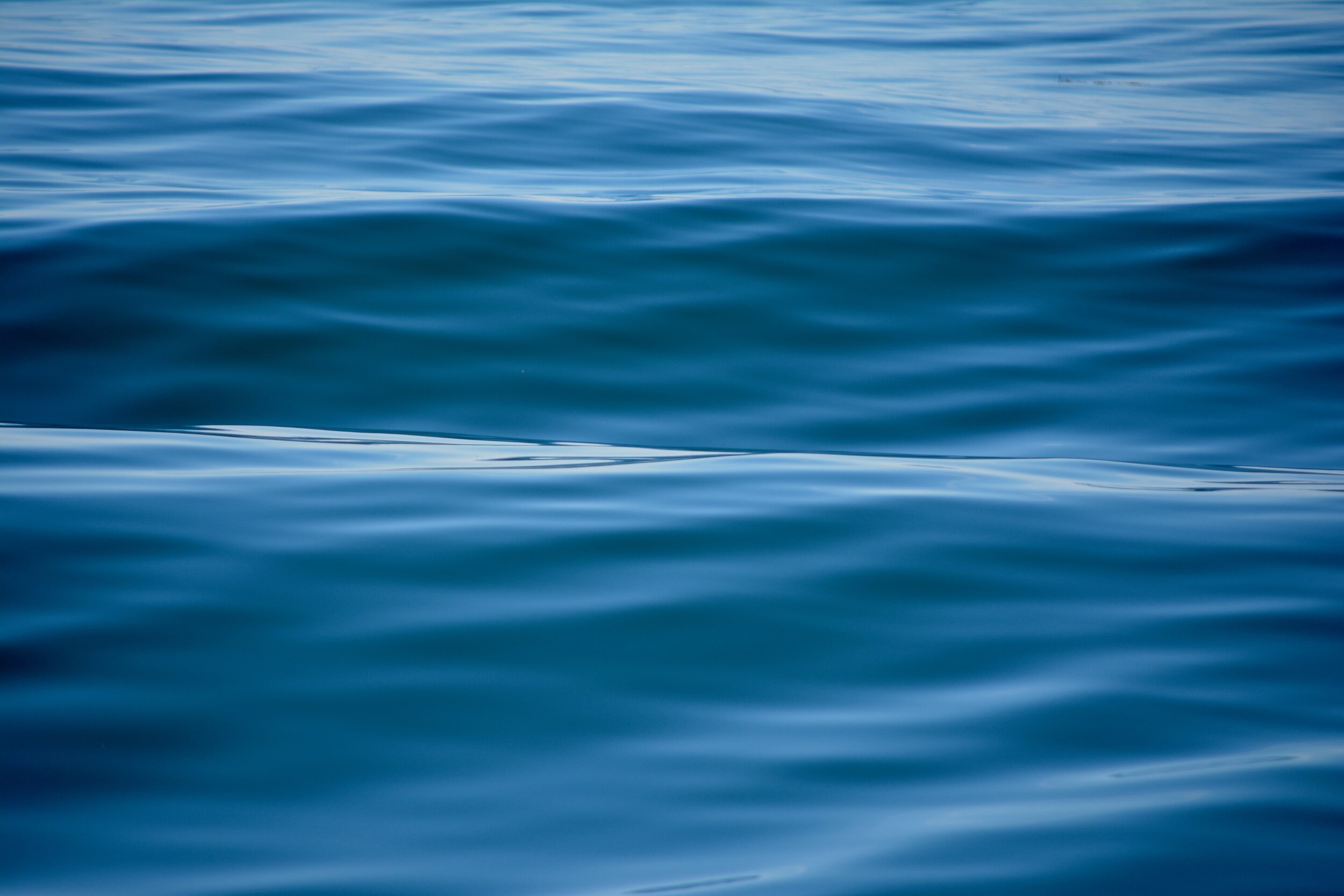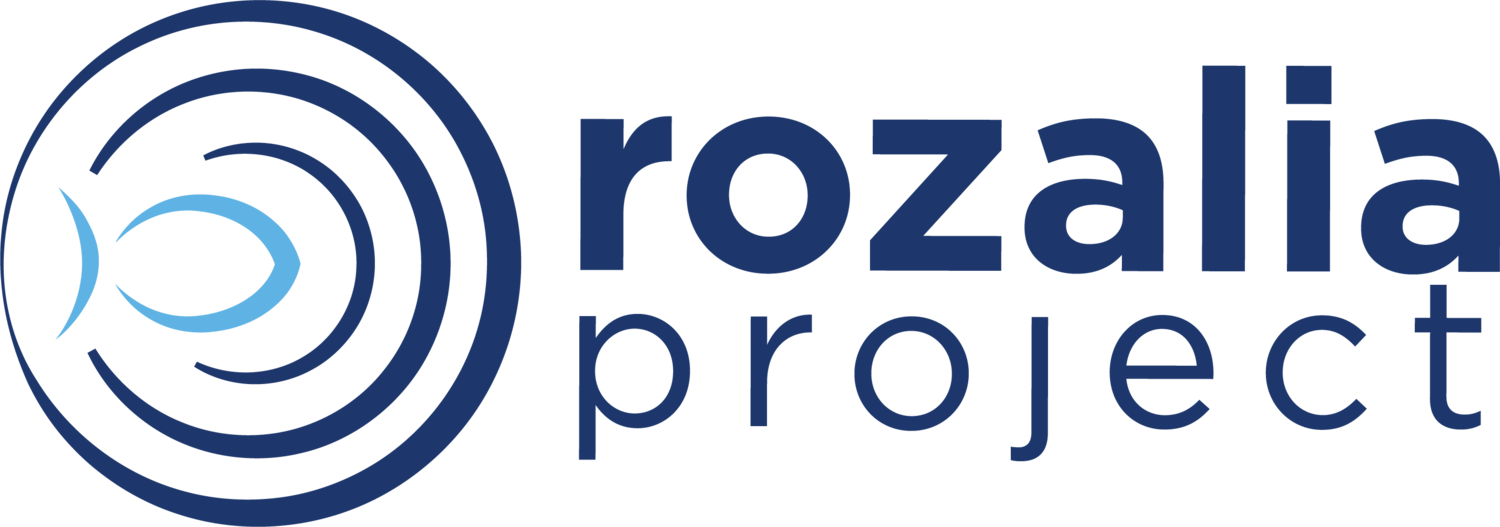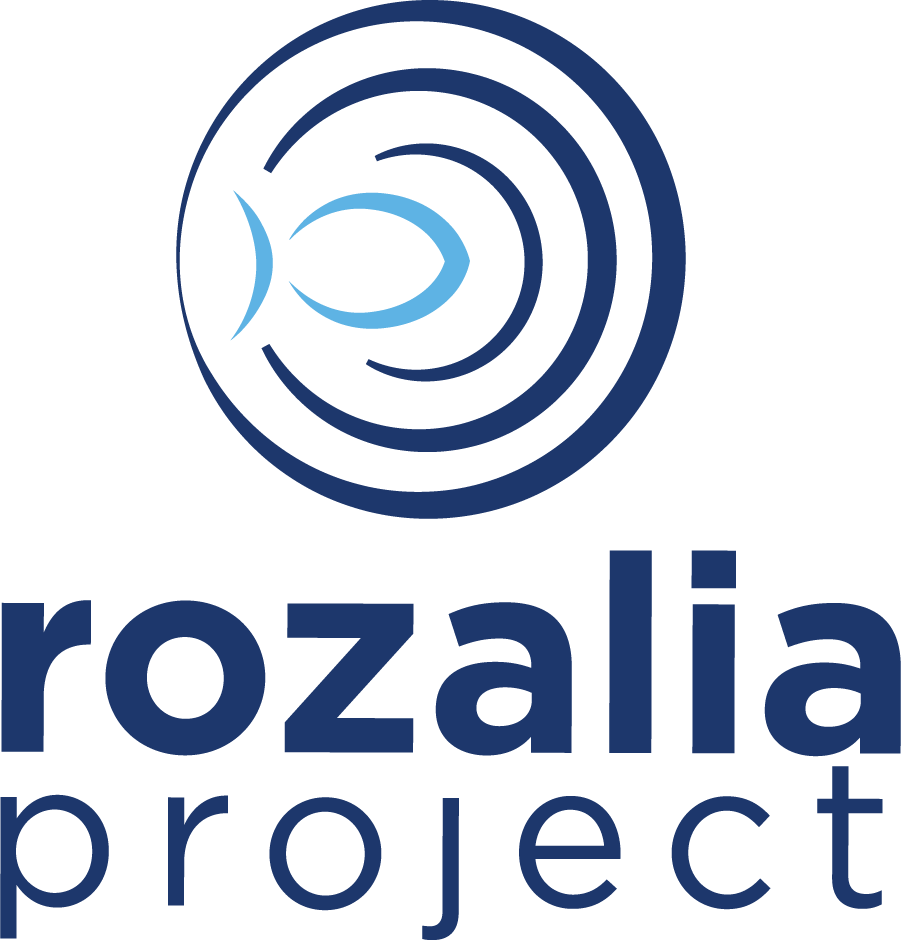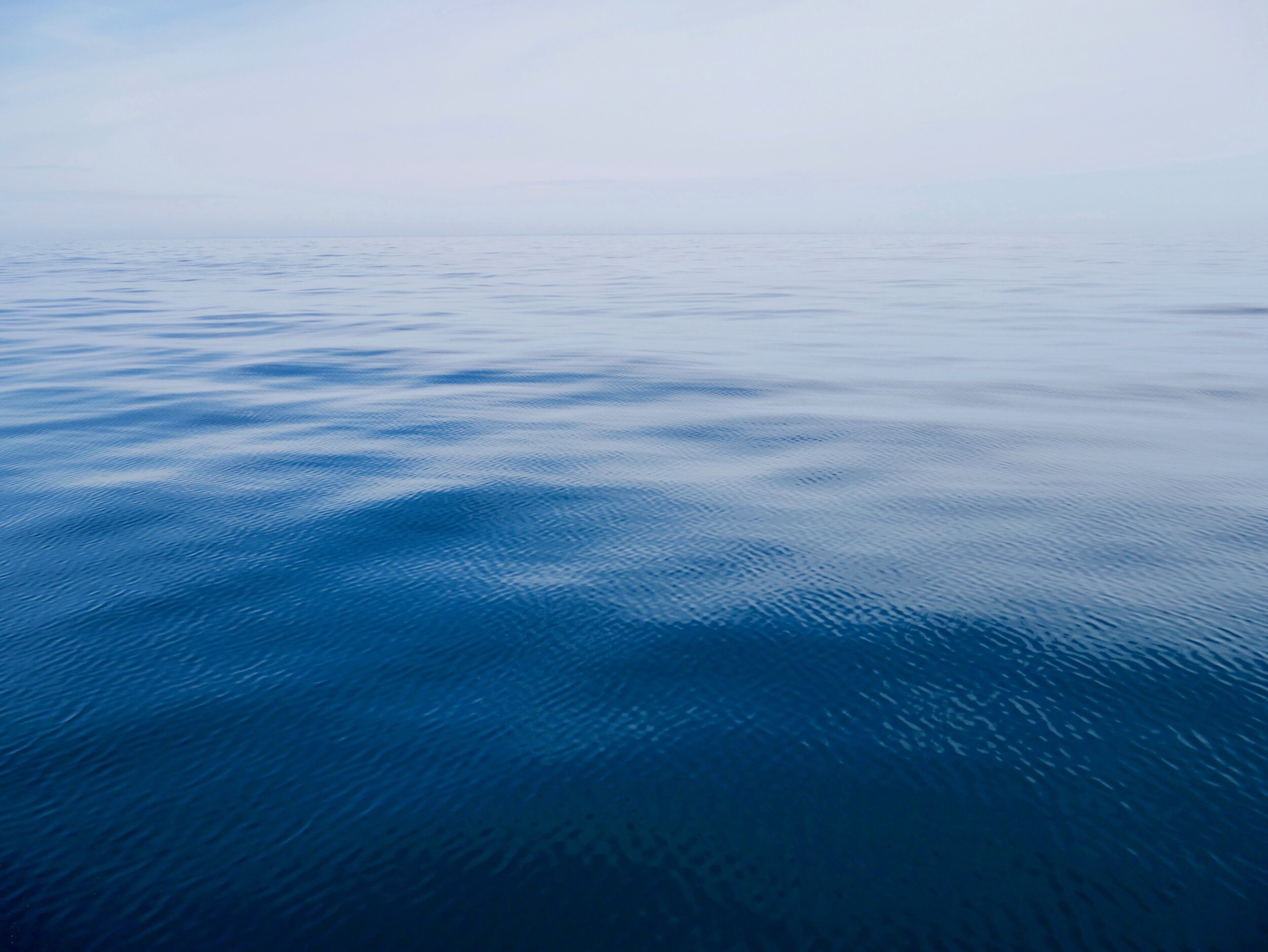
Educational Programs
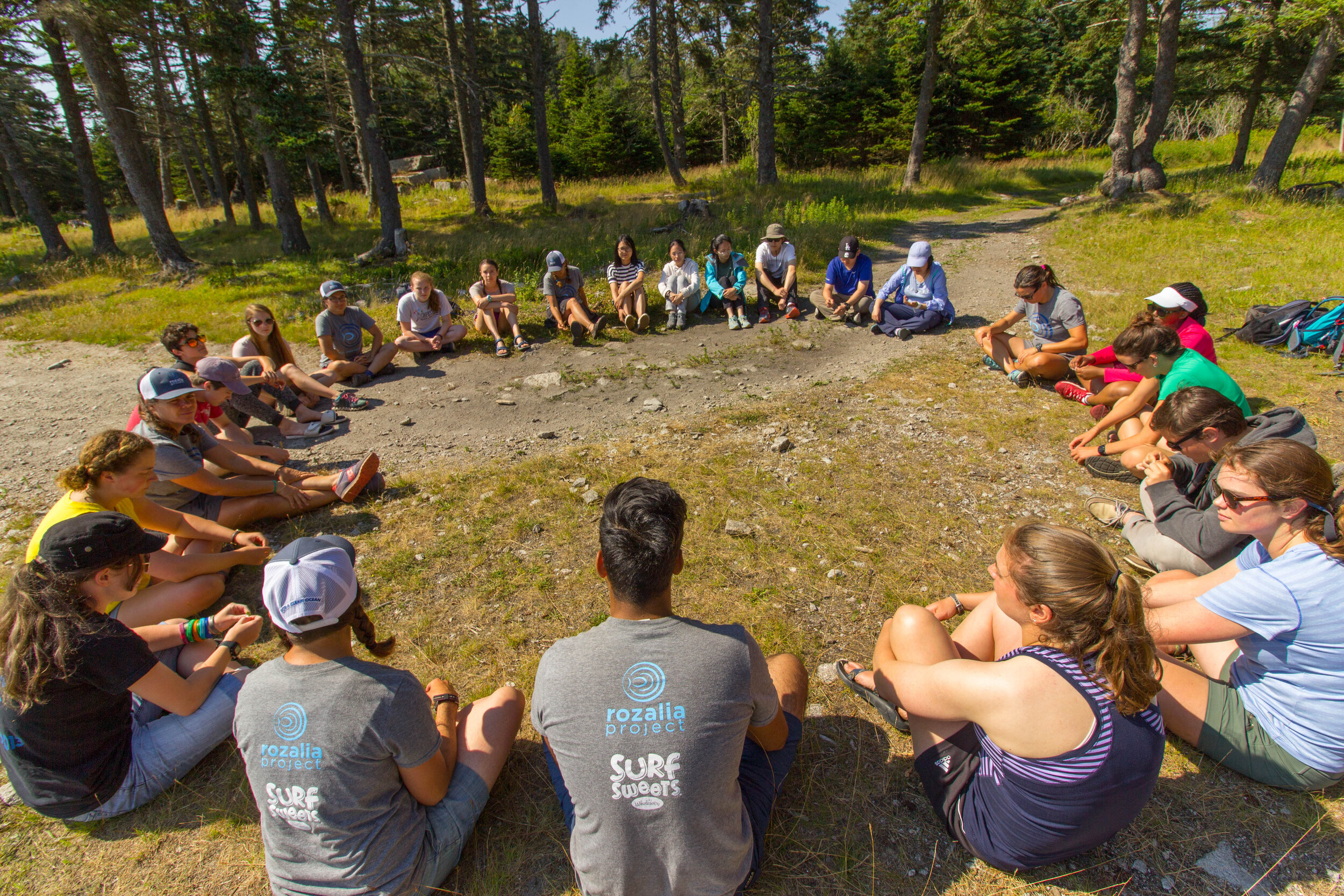
Rozalia Project achieves its mission through focused expeditions onboard American Promise.
Year round, Rozalia Project works with NGO partners and schools to assist, collaborate and/or lead education programming or projects surrounding the topic of marine debris. These can be in person or virtual. May through October these programs are delivered while on expeditions aboard our 60’ sailing research vessel, American Promise throughout the Gulf of Maine. We use these 2-6 week-long expeditions to collect data, imagery and experience. Everything we do and learn, we bring to you through our blog, social media, Expedition Reports and presentations/education programs.
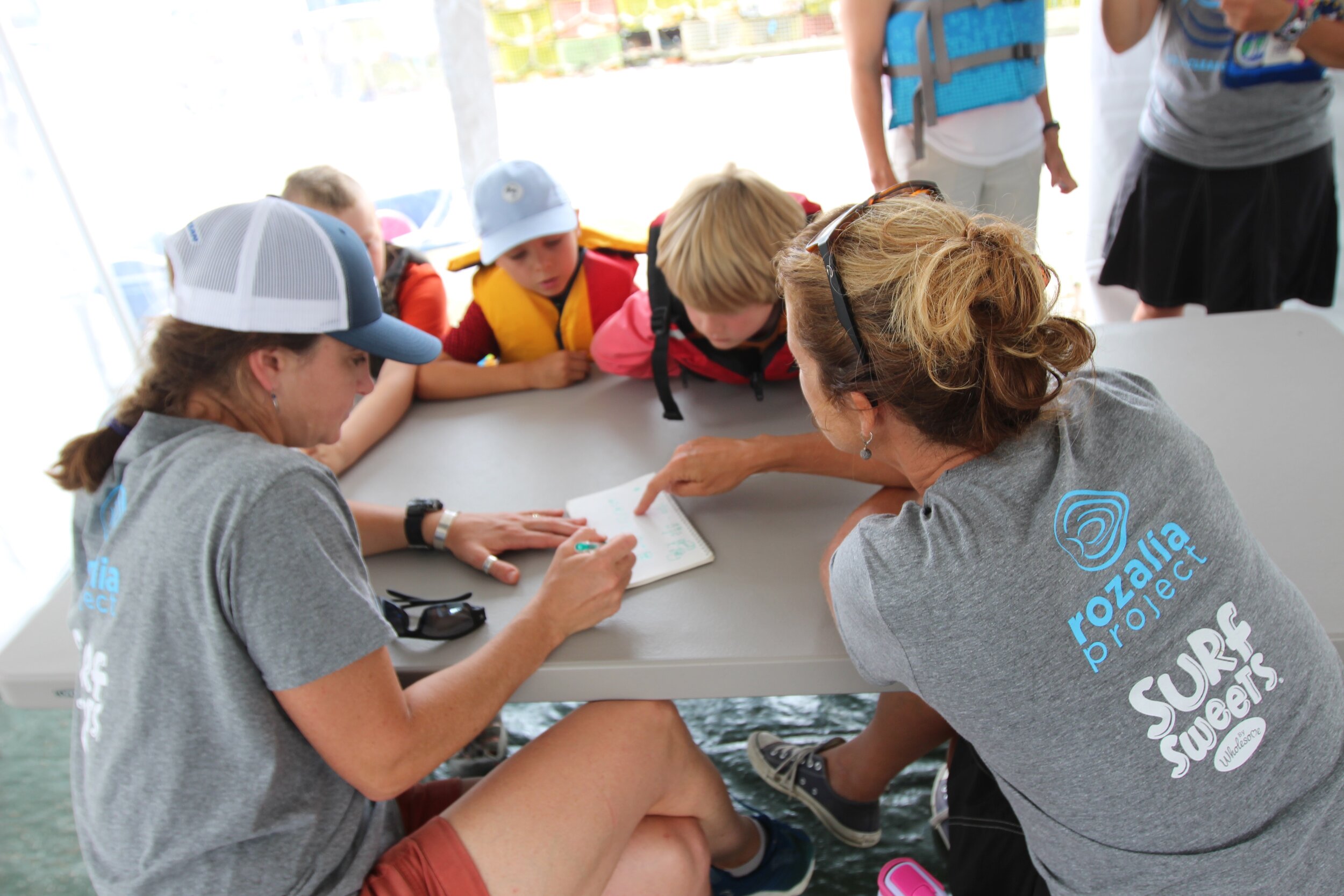
Rozalia Project emboldens and leads participants to understand the problem of marine debris.
Programs
-

Marine Debris Cleanup & Solutions Workshop
Community members including participating businesses, families and students get a hands-on introduction to the problem of marine debris through participating in a beach or community clean up. Once the trash is sorted and data collected, participants then reflect on where trash is coming from, identify a problem they want to solve and work on a solution. Workshop participants share their solutions to the team members or the community through an idea pitch presentation.
-

Microplastics & Solutions Workshop
Students will get in the field to understand the pervasiveness of the plastic problem. Was the small plastic always this small or did it break up into small pieces from something much larger? Through urban surface water sampling or digging and sifting for microplastics on the shoreline, students will learn how to collect, record and analyze micro plastics. Once the data is understood participants then reflect on where the plastics are coming from and explore solutions to stop plastic as the source. Students will present ideas and solutions to the class or community during pitch presentations.
-
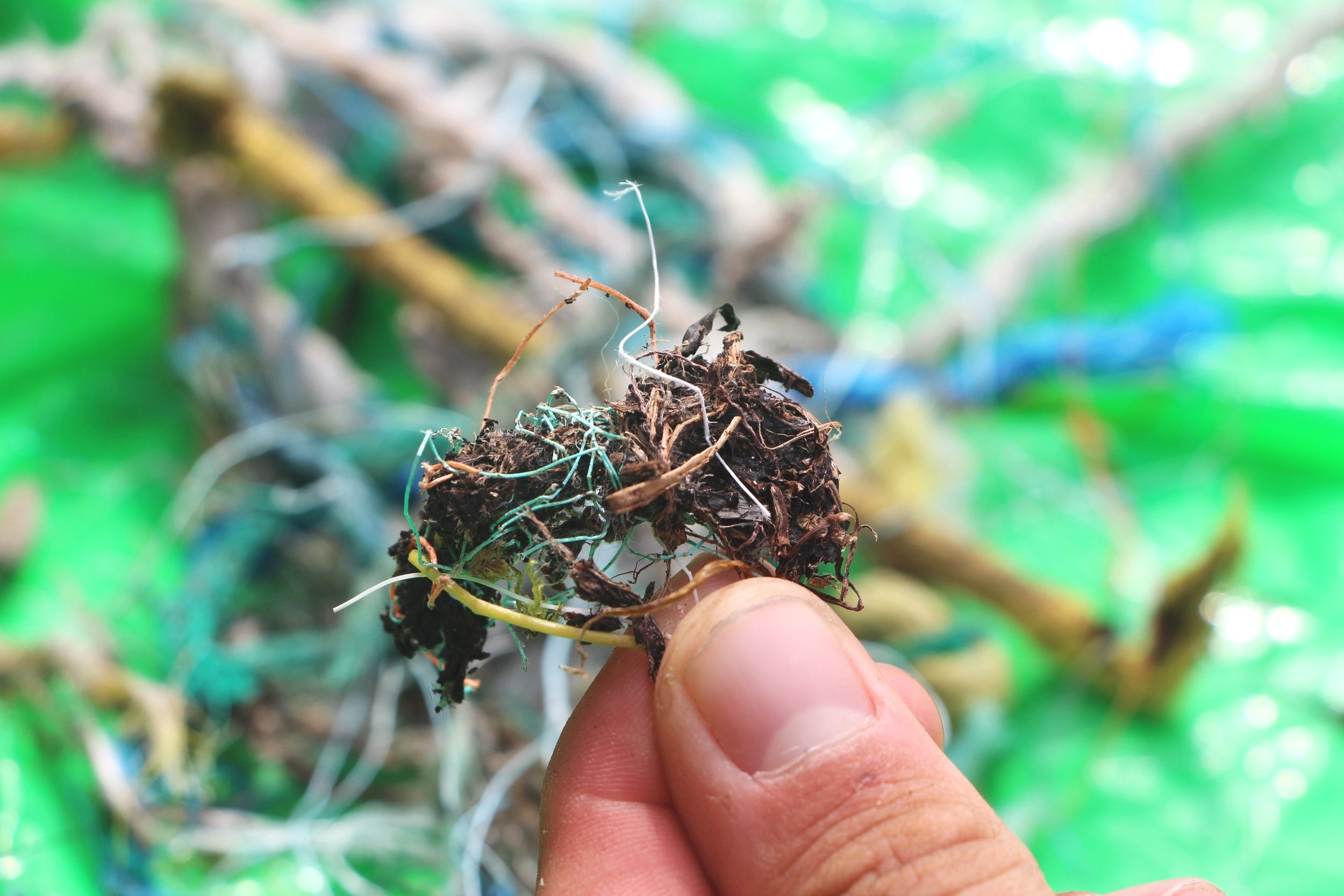
Microfiber Workshop
Students will learn about marine debris in particular microfiber pollution and the negative impact it has on the marine ecosystem. In small groups, the learners will design their own washing machine experiment with a control group to learn how this daily household activity contributes to the problem and what variables may speed up the process. We will then review lessons learned and what questions are still left unanswered.
-

Microplastic Educator Workshops
Rozalia Project in partnership with NOAA, Blue Ocean Society and BoothBay Sea and Science we have developed a workshop and educator lending kits to instruct educators on microplastic lessons suitable for multiple age groups. These workshops are currently facilitated throughout the Northeast Region including in person conferences and webinars. The goals are to positively benefit teachers and students in microplastic education, encourage increased knowledge in microplastic science and data collection while also strengthening the relationship between NOAA and education focused partners.
-
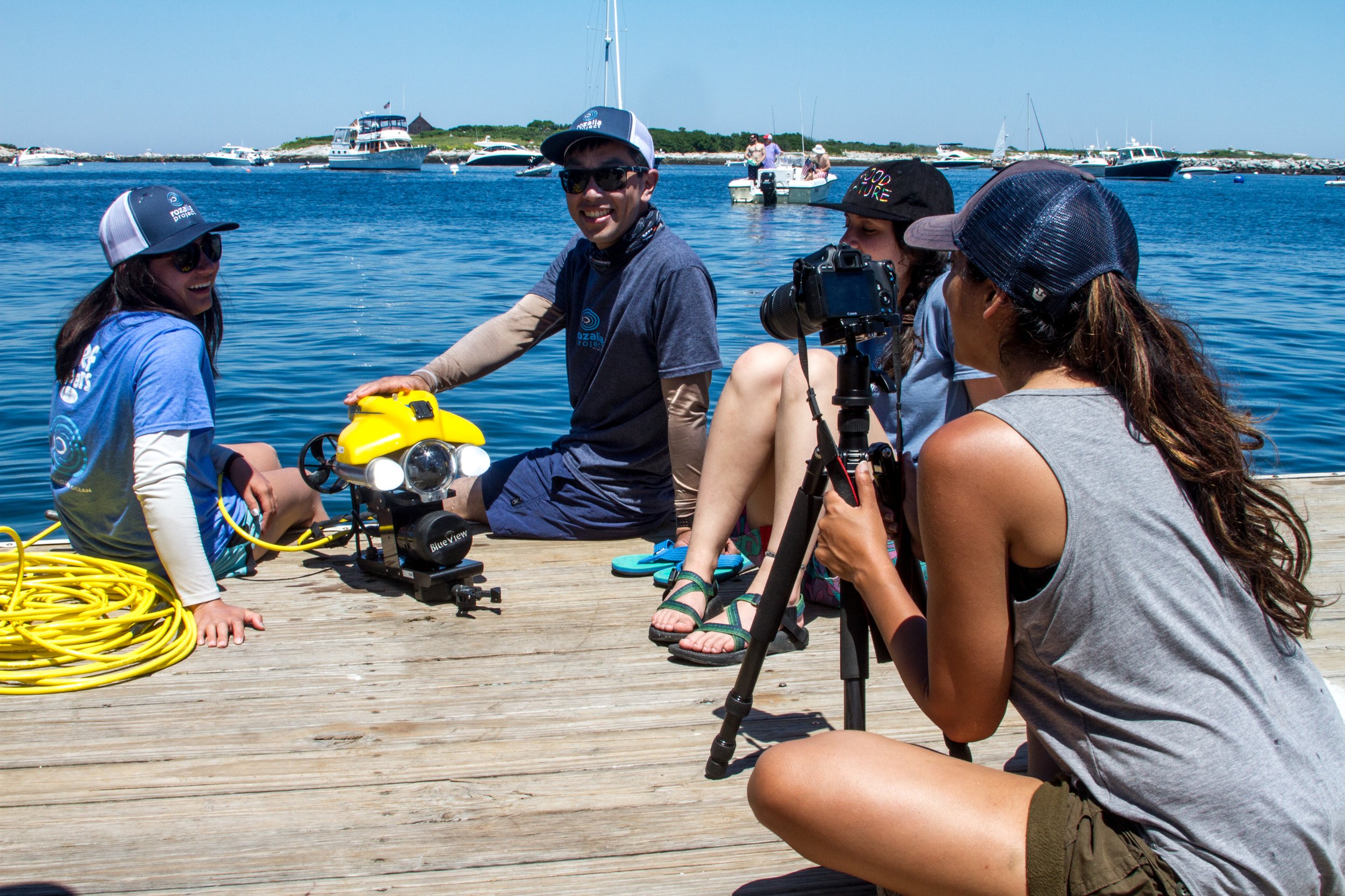
Innovation, Engineering and Source Reduction
What did you discover during your cleanup that you want to design a solution to solve? Is there something you can redesign or innovate to help make your waterway or community a healthier place? How can we better use the stuff we already have? Learn what other youth have done around the world to solve the problem of too much trash in their communities. Through design and engineering challenges, behavior change games and youth lead discussions tackle cleanup challenges, packaging problems and systems solutions.
-

We are all Connected: Biology of Biomagnification and the Impact on Animals and Human Health
How might what you found during your local cleanup impact animals and plants in your neighborhood, local stream and in the ocean? How did the trash get there and how long will it last in the water? Explore aquatic food webs and animal feeding strategies and how what we do on land impacts animals in the water. How can we help animals live a healthier life?
-
Deep Dive into Plastic Pollution, Microplastics and Microfibers
What percent of the trash you cleaned up is made of plastic? Does plastic ever go away? Where does all of that plastic come from and where does it go? How does what we wear and how we clean our clothes affect our streams, lakes and ocean? Using scientific equipment, methods, and data analysis, take a close look at just how much plastic is in our waterways and what we can do about it.
-

STEM for Healthy Waterways
This program’s goal is to preserve and protect the Gulf of Maine or your closest watershed by inspiring coastal residents to be the changemakers of today and tomorrow through active participation in science, technology, engineering and math activities with a focus on marine debris.This is a unique education program that goes far beyond beach cleanups and can be tailored to include a variety of the topics in our education program portfolio! Whether participants are interested or trained in art, science, engineering, policy or communications, we pool our knowledge, add it to what we learn on and along the water, and develop and implement local solutions together.
